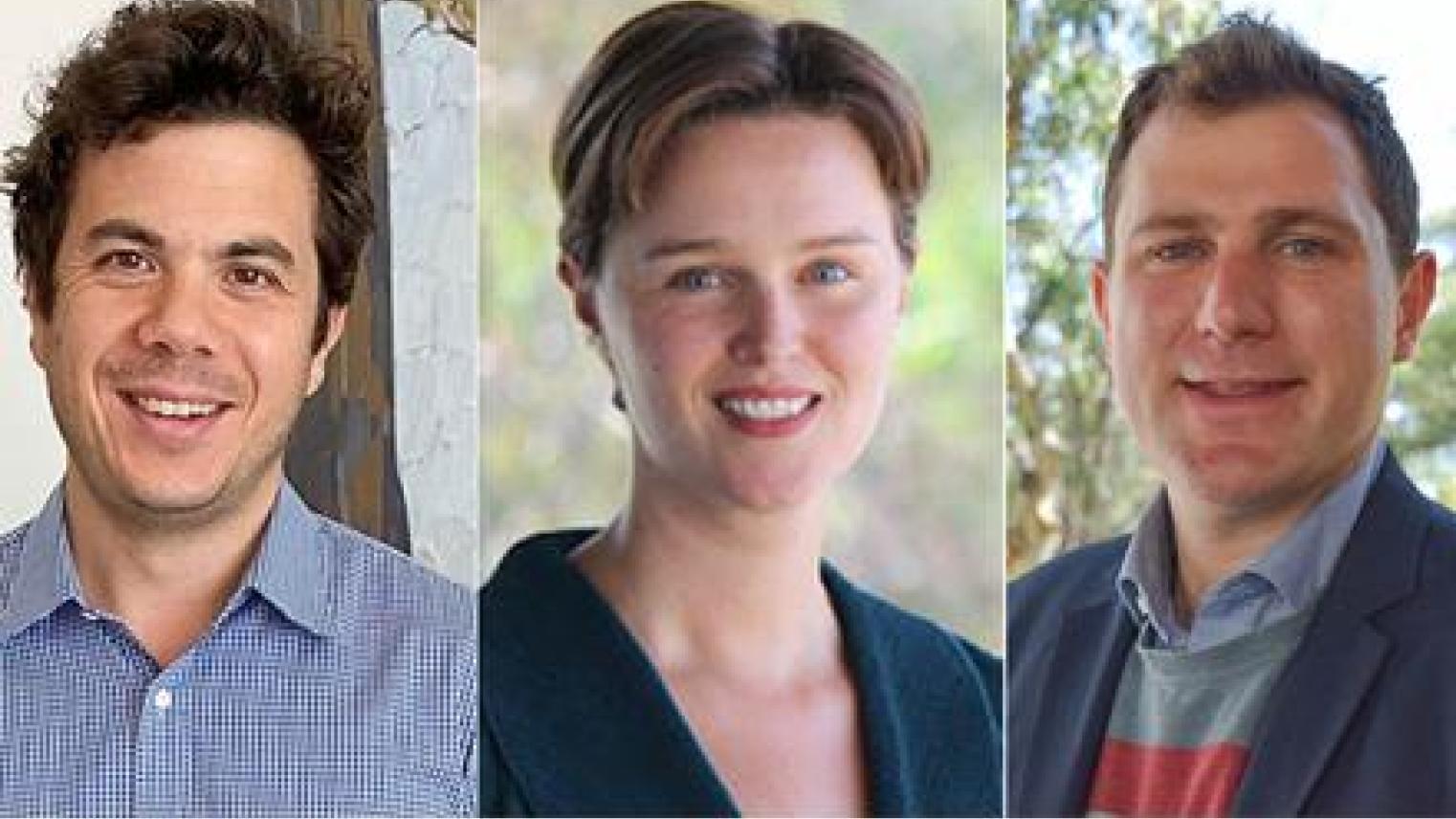RegNet scholars to lead research and training on geoeconomics of critical technology standards in Southeast Asia

RegNet Professor Anthea Roberts, Dr Darren Lim and Dr Dirk Van Der Kley have been awarded funding from the Department of Foreign Affairs and Trade (DFAT) for their project, The geoeconomics of critical technology standards in Southeast Asia.
The project will deliver a series of virtual training workshops to partner governments in Southeast Asia to raise awareness of the important strategic dynamics surrounding the development and implementation of technology standards. Standards are vital to unlock the economic opportunities provided by critical technologies, but standard-setting has a “geoeconomic” dimension, in which economic logics interact with geopolitics and questions of national security.
The project is focused on research, teaching and outreach. RegNet at the Australian National University (ANU) will draw upon its expertise on the geopolitics and geoeconomics of critical technologies to develop research as well as a curriculum and training to be delivered into the region, focusing both on government but also where possible, business and civil society.
Project lead, political scientist and geoeconomics expert Darren Lim says that the premise of the project is that critical technology, including 5G and artificial intelligence, is now a major factor in geopolitics and power dynamics in international relations.
“The decisions individual countries make regarding the technologies they adopt, and the standards they use in implementing it, will have profound consequences not only for the welfare of their own societies, but the wider international order. Take artificial intelligence (AI)—governments will face difficult choices in the coming years in regulating AI at the national and international level that will need to balance security, prosperity and values. How that balance is achieved matters.”
“There are alternative visions for how critical technologies can and should be used and the standards that regulate them.”
Darren highlights that the workshops and research will support Australia’s long-term engagement with Southeast Asian governments by communicating economic opportunities and potential risks, and the consequences of alternative policy approaches.
“The research and training will help build knowledge nationally and internationally, as well as regulatory capacity within Southeast Asian governments and broader society as each country faces complex decisions regarding the choice and regulation of critical technologies.
“In the process, it will help cement the University’s reputation for being the leading hub in the region for research on the regulation and global governance of critical technology, as part of our broader world-leading research program on geoeconomics.”
The fact that the project is scalable makes it even more interesting and beneficial in the long run.
“Given the growing importance of technology standard-setting and geoeconomic dynamics, the ANU views this as an area that is likely to remain important for many years to come.”
“As new geoeconomic dynamics emerge, we will be able to partner with organisations like DFAT to extend the research, teaching materials and workshop content to provide new or more advanced workshops for new or returning participants,” explains Darren.
Anthea Roberts, who leads RegNet’s research program on the emerging geoeconomic order is keen to have Darren on board leading the project next year.
“RegNet is very excited about hosting Darren to work with us on this project given that he is one of the leading writers on geoeconomics, having studied the use of economic statecraft and the intersection of international economics, security and grand strategy for over a decade.”
Moving forward in the next few months, the team will continue their research and focus on standard-setting and regulation of critical technology, and the nature of the contestability in this space between alternative visions. From there, they will construct a curriculum and create teaching materials, working closely with DFAT and local embassies to identify interested participants.
Learn about RegNet’s research program on emerging geoeconomics order here.